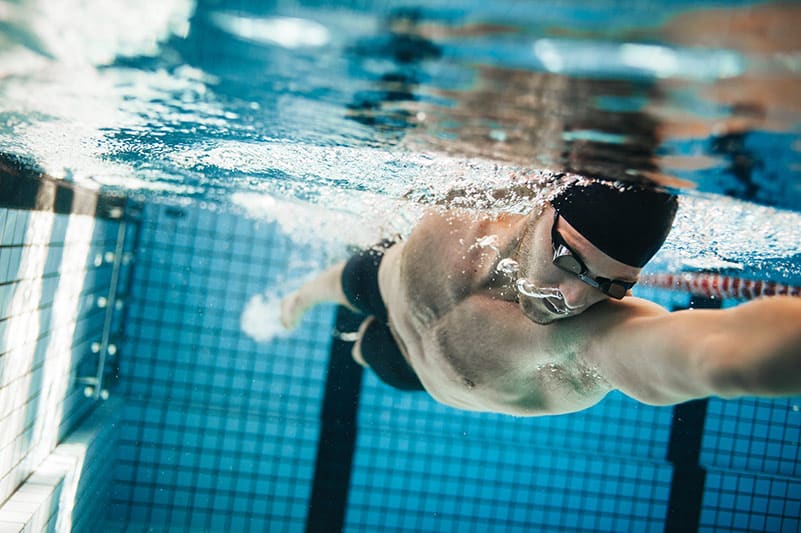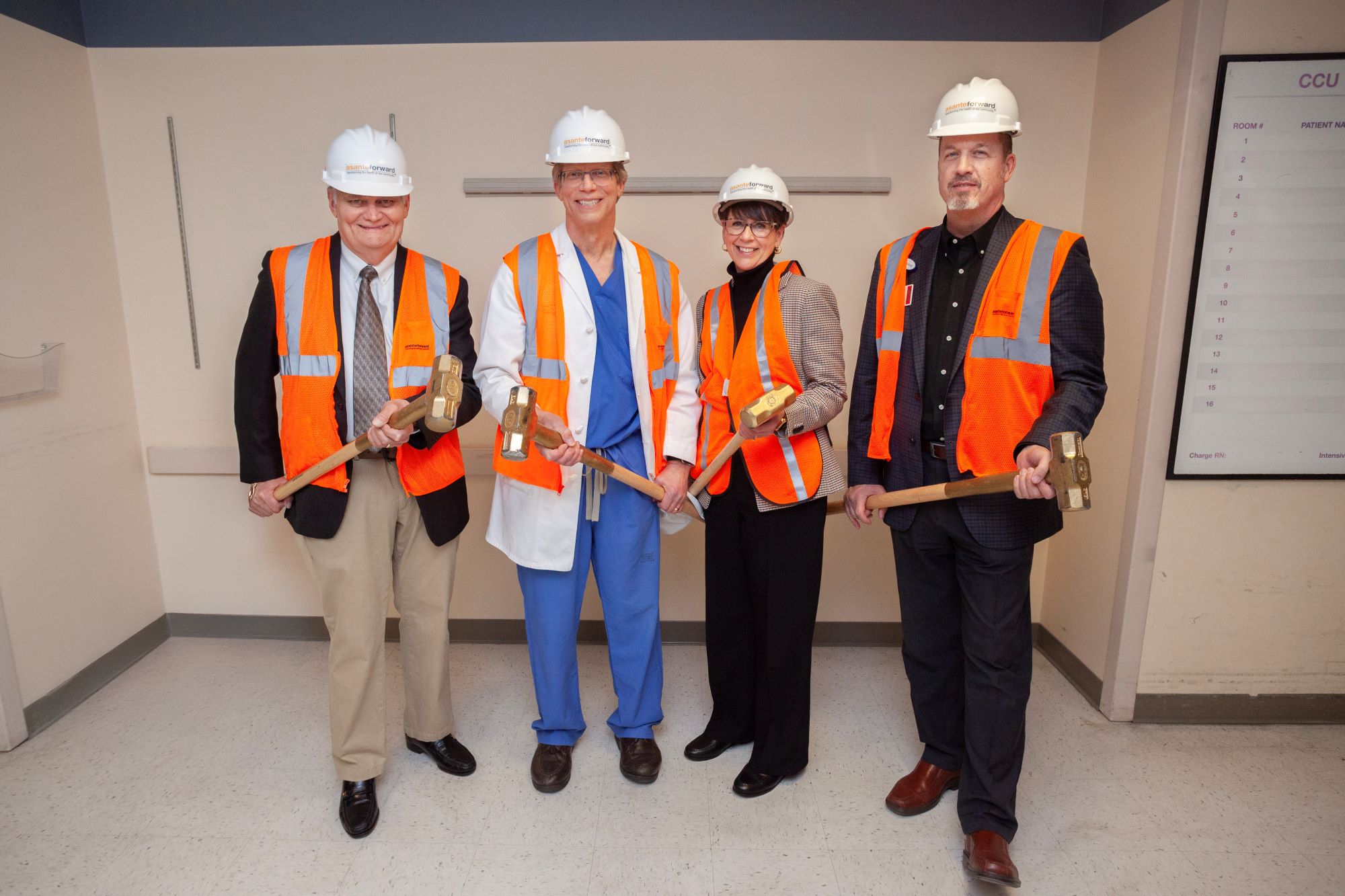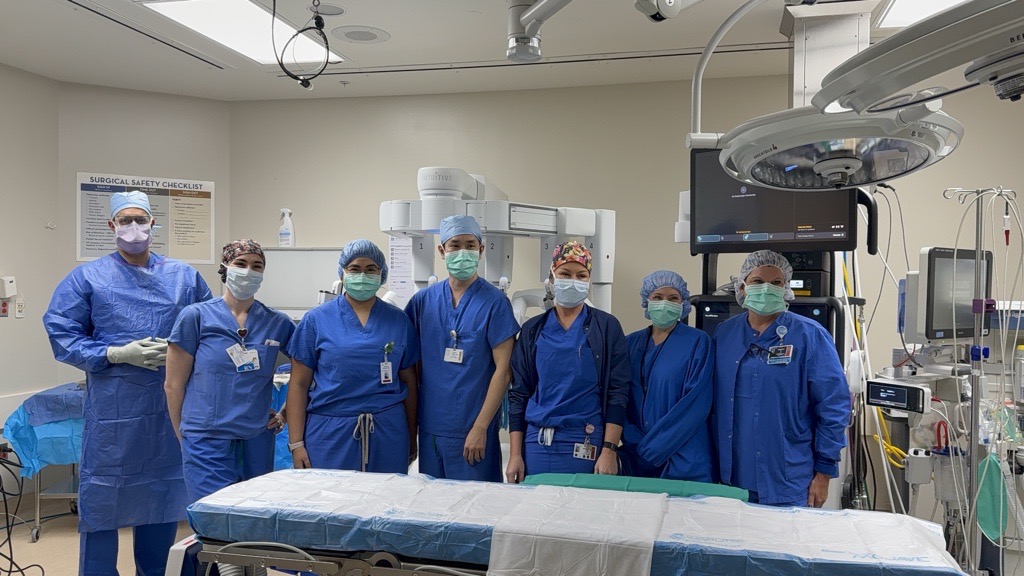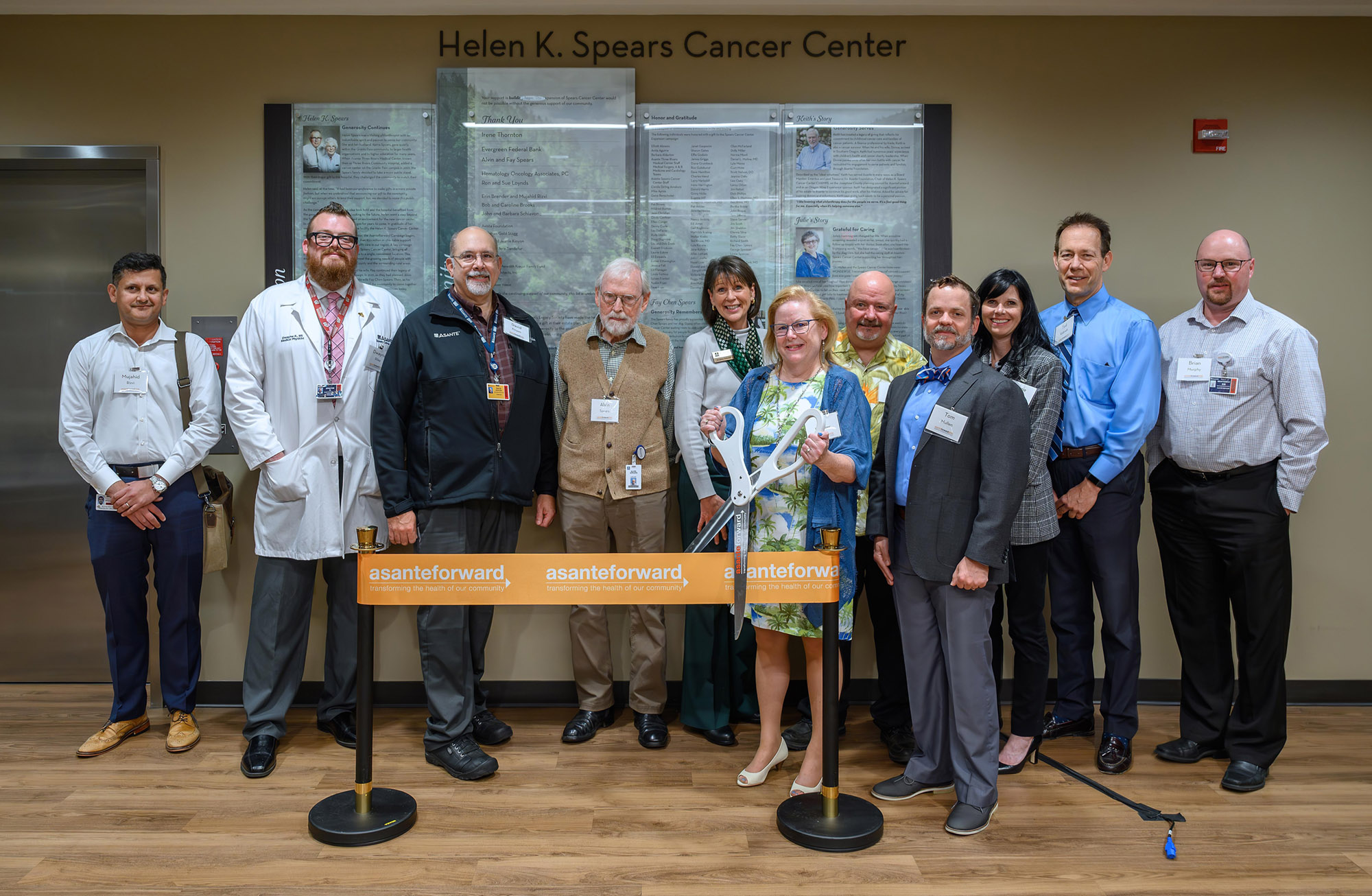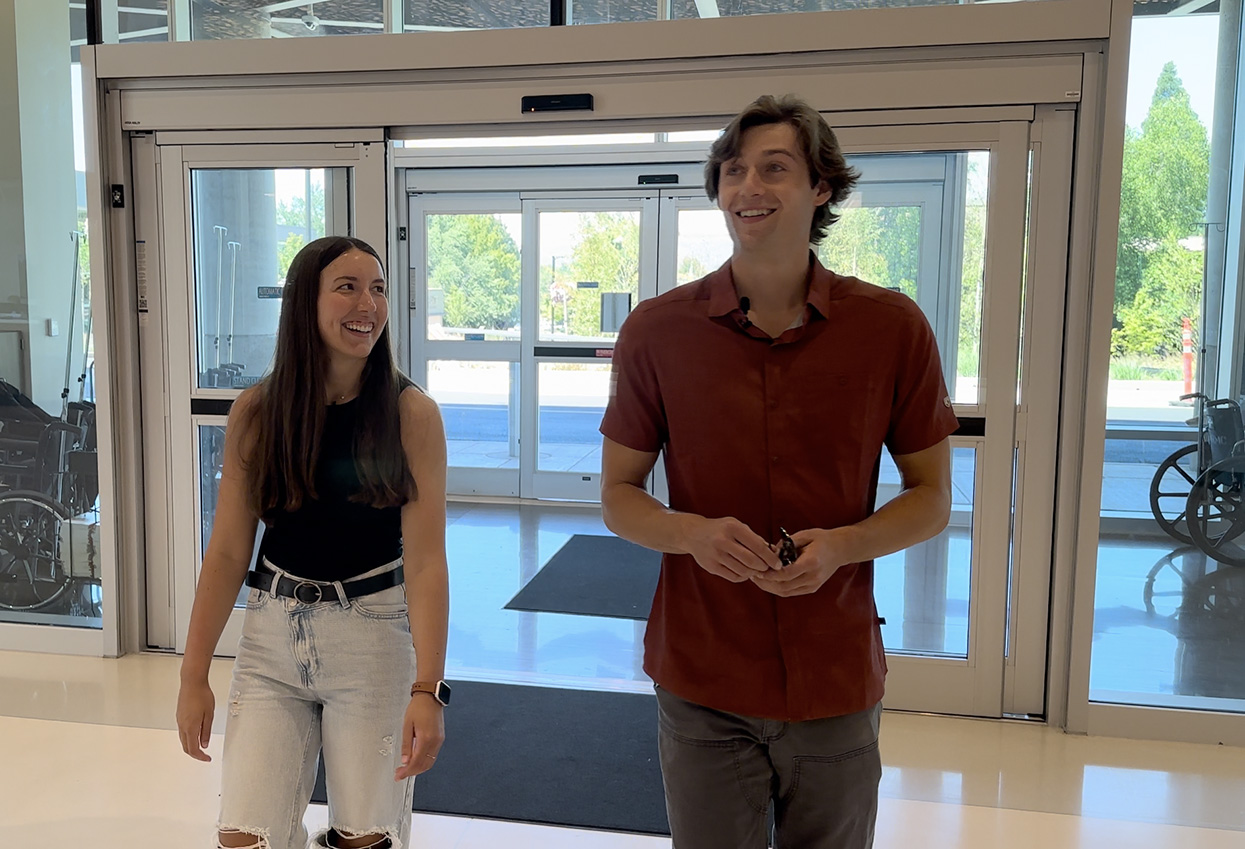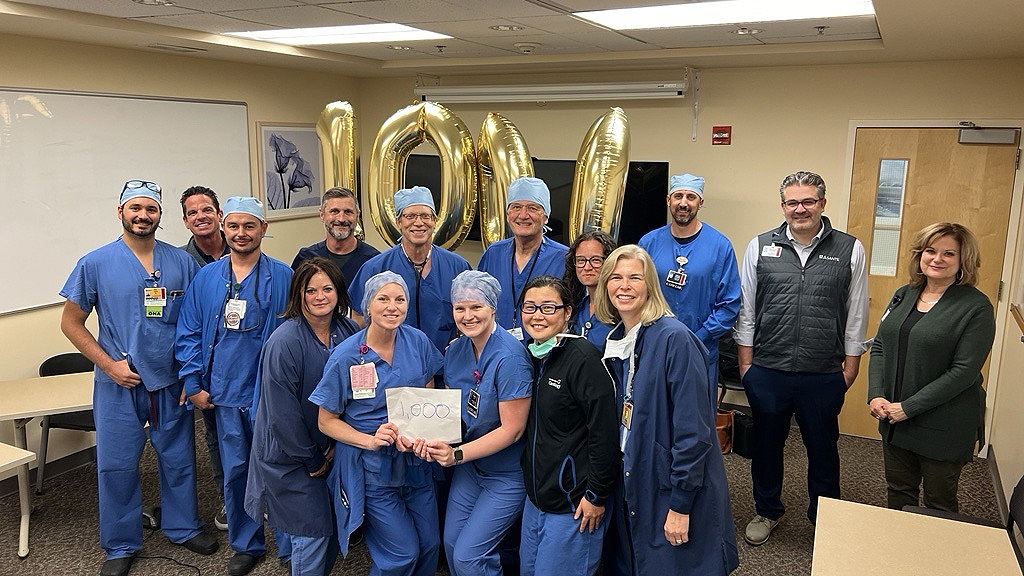Summary
In this episode, Dr. Edgner delves into the hazards associated with a sedentary lifestyle, addressing its impact on the cardiovascular, metabolic and musculoskeletal systems. He provides actionable advice for initiating a fitness routine and shares insights from his personal approach to well-being.
Introduction
If you’ve ever pondered the deeper implications of leading a sedentary lifestyle or found yourself wrestling with age-related fitness concerns, this episode promises valuable insights.
As we navigate the demands of work, family and personal commitments, our well-being can easily be overlooked. However, health remains our cornerstone, providing the strength, vitality and resilience needed to face life’s challenges. Prioritizing health not only benefits the present but also secures a healthier future.
Join us for episode two of “Unlock Movement with Asante.” Dr. Edgner, leveraging his extensive medical expertise, delves into the balance between risks and advantages stemming from our daily decisions. This installment isn’t just about cautionary tales. It’s about how small adjustments can lead to significant wellness outcomes. Dive in as Dr. Edgner blends professional expertise with personal anecdotes, guiding us toward a more vibrant, active tomorrow.
Subscribe
Unlock Movement with Asante: Episode 2 Now Available! Delve into the implications of a sedentary lifestyle with Dr. Edgner. Missed Episode 1? Catch up now. Subscribe for insights.
Transcript
Tessa Hulse
Hello. I’m Tessa Hulse.
Valencia Rollins
And I’m Valencia Rollins.
Tessa Hulse
Welcoming you to Unlock Movement with Asante.
Valencia Rollins
We’re on a mission to help you transition from a sedentary lifestyle to one more vibrant and full of movement.
Tessa Hulse
Whether you’re considering your first steps toward an active lifestyle or you’re looking for an extra spark of motivation, we’ve got you covered with tips, advice, and inspiring conversations with healthcare professionals. Welcome back to week two of this five-part series. Today, we’re excited to host Dr. Barry Egener, a key figure in the wellness scene at Asante. He is transforming how we approach professional burnout and well-being.
Valencia Rollins
Yes, and after a fulfilling career in medicine, he has dedicated his time to fostering well-being and resilience among professionals, helping us to redefine how we view balance in our personal and professional lives.
Tessa Hulse
When he’s not working on promoting well being, you can find him enjoying Beatles music, swimming, skiing, striking a yoga pose, or savoring a slice of New York City pizza. It’s clear he really lives the balanced lifestyle he promotes. In this episode, we’re exploring how inactivity can impact health and how exercise shields us from these issues. Plus, we get to hear about Dr. Egener’s own wellness routine and some favorite local spots in Southern Oregon. For our active listeners.
Valencia Rollins
Ready for a wellness journey?
Tessa Hulse
Let’s dive in.
Valencia Rollins
Welcome, Dr Edner. As we dive into the conversation, could you explain how a sedentary lifestyle might set the stage for multiple health problems and provide examples within the different systems of our body and how we might start to see those issues manifest?
Dr. Barry Egener
Sure. Thanks for the opportunity to talk about this important subject. When I think about the impact of a sedentary lifestyle, I think primarily that it affects the body in about three categories. The first being the cardiovascular system. We all know about being in shape. Secondly, the metabolic system. This has to do with things like lipids and blood sugar, and then also the musculoskeletal system. And with regard to that last, as a guy who’s about to become 70, it’s probably worth addressing how age and physical disabilities impact people’s willingness to be active. It certainly is harder to be active as you get older, but also, I think the benefits are even greater as your body ages. It’s difficult to do things, and if we just let that difficulty progress, there are a lot of impacts of that — falls, for example, in older people. And I think physical disabilities have the same kind of an impact. And so being active kind of staves off those things to some degree.
Valencia Rollins
For our listeners to continue to make this connection between a sedentary lifestyle and chronic diseases, could you help us understand the correlation between inactivity and chronic diseases? How does regular movement and exercise act as a shield against these health issues?
Dr. Barry Egener
Sure. Well, to go back to those three main topics that I mentioned before, starting with the cardiovascular system, staving off a heart attack being in shape is really important. Cardiovascular fitness really has been correlated with longevity, and part of that operates through the metabolic system, which I had mentioned. An inactive person has a lot of inflammatory markers in the body, so that leads to inflammation, which is actually the trigger to most heart attacks. And of course, lipids are impacted and that leads to atherosclerosis. Also, blood sugar, which has to do with diabetes, can be improved by regular exercise. With regard to the musculoskeletal system, I talked about aging, and it’s true that overuse of certain joints can lead to arthritis. But also being active really helps you deal with the arthritis. For example, I’ve developed arthritis in my knee. Having been to a physical therapist and learning some exercises to strengthen the muscles around the knee, it’s really helped me quite a bit in doing the kinds of things that are important for me to do.
Valencia Rollins
Very good. I mean, it sounds like we could even use exercise as medicine, especially when it comes to our mental health, too. There’s a growing body of research suggesting that regular physical activity can serve as a powerful mood booster. Could you elaborate on how exercise aids in managing mental health conditions such as anxiety or depression and helps keep negative thoughts at bay?
Dr. Barry Egener
Sure. Well, the first thing that comes to my mind is how I felt yesterday in the locker room after a big swim. And the guys in the locker room just said, doesn’t that feel great? I mean, getting those endorphins going from really intense exercise really has an incredible calming effect that lasts really for hours. When I used to do this on my lunch hour, it really made going back to work after lunch a lot easier. But specifically, there have been studies addressing some of the things that you just mentioned, like anxiety. Exercise reduces anxiety, and maybe it’s through those same mechanisms of endorphins. I’m not really sure. I don’t think it’s really known, but it definitely does that. And as a physician, I regularly recommend for people who are depressed to do some kind of regular exercise to make a schedule, first of all, of activities during the day, but include exercise. It doesn’t have to be big exercise, not endorphin level exercise to improve depression, but just getting out and walking. The Japanese have this term of forest bathing which impacts their spirit, their mood, just being in the you know, we live in a great place here in southern Oregon to do that.
Dr. Barry Egener
So it definitely affects my mood when I go out into the hills.
Valencia Rollins
Absolutely. I’ve experienced that for myself, too. Dr. Egener. Very good. So that’s a perfect segue into our next question about Kickstarting, an exercise routine which we know can be daunting for many. Could you provide our listeners with some tangible, user-friendly strategies to help them initiate an active lifestyle?
Dr. Barry Egener
Yeah, and I think what you just said is really important. It’s important to recognize that it’s daunting to start from complete sedentary lifestyle to exercise. You’re not going to run a marathon after getting off the couch for a couple of months. So I think to get people motivated, it has to be achievable. So one thing is you want to commit yourself to something that feels acceptable to you, not set really huge goals. The second thing, I think, is to schedule it, and it could be scheduled every day, but it doesn’t have to be every day. I think maybe three times a week is perhaps a minimum to have a significant impact. And then there’s the piece, which is commitment. Not just maybe I’ll do it, but really commit yourself to doing it. And maybe people might want to use a calendar to chart when they exercise. And that kind of feedback of success with that leads to more success. It leads to doing it a fourth day or doing it for 20 minutes instead of ten minutes. You don’t want to set your goals so high that you get discouraged and say, forget that.
Valencia Rollins
Now, finally, Dr. Egener, we’d love to hear about your personal fitness regimen. Would you mind sharing how your routine contributes to your overall well-being and how it fortifies you against the rigors of your professional life?
Dr. Barry Egener
Well, first of all, I would say that separate from my professional life, I mean, exercise has just always been core to me. I’ve been a daily swimmer ever since I was in college. I chose that because I found running to be too painful, and I would say I’m addicted to swimming. But as I’ve gotten older, there are other pieces I’ve had to add as well. I noticed probably in my 50s that muscle strength wasn’t what it was, and so I’ve added weight training, which I’m currently doing every three days. I have a pretty regular yoga regimen. I do at least some yoga every day. That really helps flexibility and balance, and it doesn’t take a lot of time to do that, just figuring out maybe when you get out of bed or before you’re going to bed, a little bit of stretching to do. Because getting back to what we talked about in terms of the musculoskeletal system, falls really are an important health hazard to older folks and tai chi as well as yoga have both been found to mitigate against those. I do lots of other things for fun, like hiking and skiing, but those I fit in where I can.
Dr. Barry Egener
These other parts are just what I need to do every day to feel good about my life.
Valencia Rollins
Let’s bring this conversation full circle and home to our listeners and let’s leverage the local activities maybe in their area and in their community. Since we’re based in Southern Oregon, we’d love if you could suggest some local activities or walks that our listeners could incorporate into their routines. Do you have any favorite local spots for physical activities or relaxation, even?
Dr. Barry Egener
Sure. And I think it’s important to scale this to where people are in their exercise regimen again. So I live in Ashland, Lithia Park is a wonderful place to take a stroll. It’s pretty level. You don’t need to commit to a huge hike to start out in Lithia Park. There’s a great new Japanese garden there. The flowers are great many times of year. If you’re interested in doing some more, there is a whole network of trails that connects through Lithia Park into the hills. You can go for miles and get some pretty good elevation if you want. I also really like Grizzly Peak. It’s best if you have a four wheel drive to get through some of the potholes. But what I love about Grizzly Peak is the loop is maybe five or 6 miles, not a lot of elevation. And there’s a huge reward for the amount of effort you put in. You get a spectacular view of the whole valley from there. So we’re really lucky to live in this part of the state, and quite honestly, it’s one of the major reasons why I moved here.
Valencia Rollins
Very good. I would definitely agree with you, Dr. Egener, Me and my family moved here about a year ago as well, and we’re definitely looking forward to taking advantage of the beauty and the calm and nature that Ashland has to offer. Dr. Egener, thank you so much for your time, your knowledge and your wisdom sharing with our listeners. But before we end our conversation, do you have any final comments or words of wisdom to leave with our listeners today?
Dr. Barry Egener
Have a positive attitude. I think starting out, thinking about success and the benefits that will come from moving is a good motivator in and of itself.
Valencia Rollins
Thank you again, Dr. Egener, For your time today, and you have a great day.
Dr. Barry Egener
Thanks. It’s been a pleasure speaking with you.
Tessa Hulse
All right. What a great interview we just had. I love everything that Dr. Egener brought to the table. I never knew that he was such a big swimmer.
Valencia Rollins
I did not. I did not at all. I must say. I grew up as a child swimming, like, every summer, and I grew to love the water as well. I almost became a junior lifeguard, as a matter of fact.
Tessa Hulse
Wow. I didn’t know that.
Valencia Rollins
Yeah.
Tessa Hulse
So I know that he obviously touched on some really great ways to move your body, and I’m definitely inspired to move my body, and so I do have a little bit of a challenge. For our listeners who are tuning in, this is your moment to take a pause and let’s do a 60 second dance party. I know that this is going to sound so silly, but I’ve got the wiggles and jiggles, and I just feel like I really need to move my body. So take 60 seconds. Everybody hit pause, put on some really good tunes. Move your body for 60 seconds and then we’ll come back and reconvene. (Pause) All right, I’m back, and I feel so excited. I’m ready to take on the day. I’m on top of the world. How are you feeling, Valencia?
Valencia Rollins
I can feel my heartbeat. Just I feel so good. I love dancing.
Tessa Hulse
Yes. No, it was so perfect. So that was just a little touch of a mini challenge within this podcast series, but we actually have one more, and this is your take home challenge to you. And so we’re going to be rolling these out weekly, so be sure to check the previous podcast in case you missed a week or a challenge. But your challenge this week is just to find an activity you enjoy doing that helps you move your body. So we just took a 60 second dance break, but what are some other things you enjoy doing? Dr. Egener identified swimming as one of his non-negotiables. And so what’s a non-negotiable that gets your body moving?
Valencia Rollins
I know for me, Tessa, just walking, right? It’s so easy. It’s free, right? All you got to do is you can even walk inside your house. Step outside your door and you’re outside. You can feel the sun on your face getting that vitamin D and uplift your mood. The sun shining on your face. Just get your heart rate up a, a little bit, get your blood flowing. Get those endorphins firing.
Tessa Hulse
Yes. Five minutes endorphins that we touched on. Yes. What better way to put you in a good mood? I know. I heard recently that leaning back into activities you enjoyed as a kid can help release some really good hormones and endorphins as an adult, too. And one of those things that I totally forgot I love doing is riding a bike. It’s so simple, but I don’t feel like I ever have the time as an adult.
Tessa Hulse
So you know what I’m going to do this week?
Tessa Hulse
I’m going to get a bike out, and I’m going to go through for a cruise around the neighborhood, and I might stop at the ice cream store.
Valencia Rollins
Absolutely. Doesn’t that make you feel warm, makes you feel good? It takes you back to good memories.
Tessa Hulse
Yes.
Valencia Rollins
And you just overall feel better, right, for the ice cream.
Tessa Hulse
Yeah.
Valencia Rollins
I may not be able to walk and meet you there, but I have to have a scoop of my own.
Tessa Hulse
I’ll save you a cone, okay?
Valencia Rollins
Absolutely. One other thing I like to just add a challenge for our listeners is be sure to schedule that time. We make time to schedule and do everything for everybody else, whether it’s family, whether it’s clients, or whatever we do within our community. It’s time for us to start scheduling time for ourselves. And like Dr. Egener was saying, doesn’t have to be a whole lot of time. Start off small, so just start with five minutes and engage into some activity.
Tessa Hulse
I had so much fun today. What an awesome interview that we had. Thank you, Valencia, for conducting that. It was so good, and we got a lot of great information.
Valencia Rollins
I thoroughly had a wonderful time talking with Dr. Egener. Like you said, he gave us some great insight, wisdom, and just little things that we can apply to our lives today. I had a wonderful time being here with you and our listeners, and I look forward to our next podcast.

